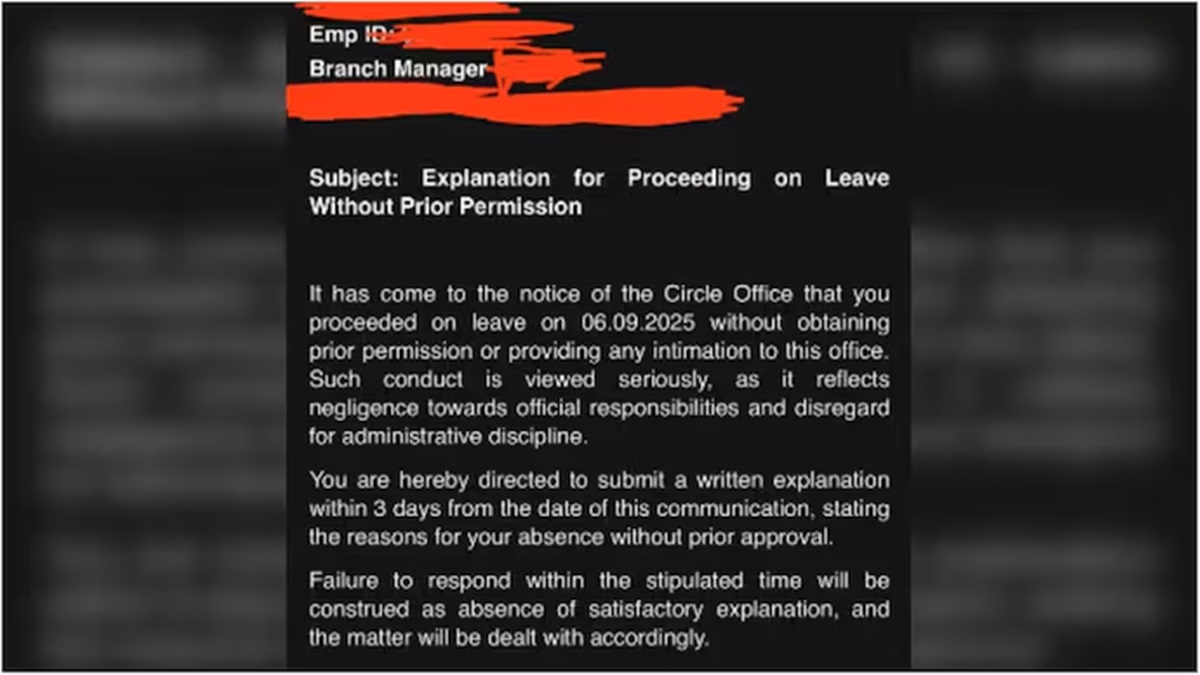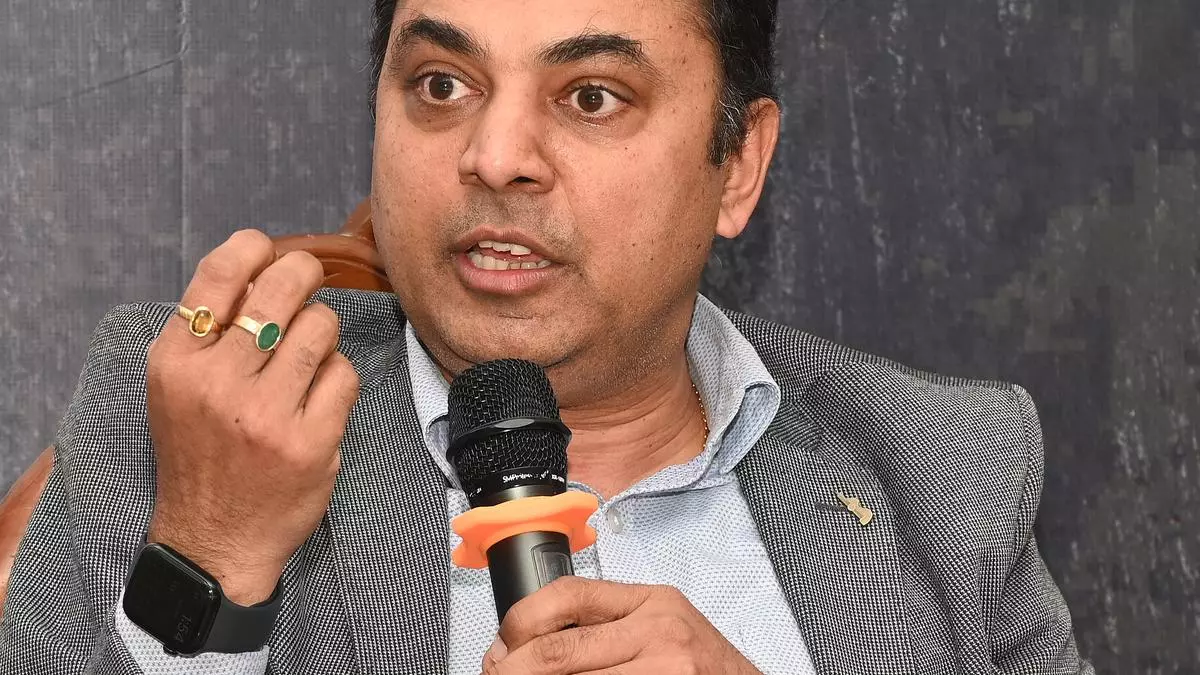With the formal setup of the 8th Pay Commission expected soon, the focus of employee unions that will be involved in deliberations with the panel is expected to shift towards fitment factor and other modalities for the revision of salaries and pensions.
A key question that is likely to emerge is whether the fitment factor—the multiplication unit used for the revision of wages and pensions—will remain uniform or change as pay bands progress.
Under the 7th Pay Commission, an index of rationalisation was used to raise the fitment factor for the higher pay bands. This was done in view of the higher responsibility and accountability on employees bracketed under the higher pay levels.
The staff side of National Council-Joint Consultative Machinery, however, would request the 8th Pay Commission to recommend a “uniform fitment factor” for all pay bands, said Shiv Gopal Mishra, secretary, staff side, NC-JCM.
“We want the fitment factor to be same across all pay bands, whether it is Pay Band 1 or Pay Band 4. This will be our demand before the 8th Pay Commission,” Mishra told ndtvprofit.com in an earlier conversation.
NC-JCM, notably, is an official body comprising bureaucrats and employee union leaders, and its purpose is to resolve all disputes between the government and staff through dialogue. It will be at the forefront of deliberations with the 8th Pay Commission after it is formally set up.
Mishra pointed out that the 4th Pay Commission had talked about the need to reduce the vast gap between minimum and maximum salaries. “But since then, the gap has only increased. In our view, the 8th Pay Commission should recommend a uniform fitment factor to address this.”
In 2016, when the 7th Pay Commission came into effect, 2.57 was applied as the fitment factor to raise the salaries of employees under Pay Band 1. However, after factoring in the index of rationalisation, the fitment factor rose to 2.62 for Pay Band 2, followed by 2.67 for Pay Band 3, and 2.72 for higher pay grades under Pay Band 4.
“The index of rationalisation is decided by the pay commission…The general approach is that those burdening greater responsibility should get higher pay rise. But our demand is that fitment factor should be uniform to reduce the gap between the maximum and minimum salaries,” Mishra had told ndtvprofit.com in an earlier conversation.
The staff side of NC-JCM, in a meeting with the Department of Personnel and Training in February, also raised the demand for merging unviable pay scales. The forum has called for the merger of pay scale level 1 with level 2, level 3 with 4, and level 5 with 6.
This is required to prevent pay stagnation, which in turn affects the modified career progression scheme, it said.
Notably, the 8th Pay Commission received the Union Cabinet’s nod in January. However, the Terms of Reference for the commission is yet to be approved.




















